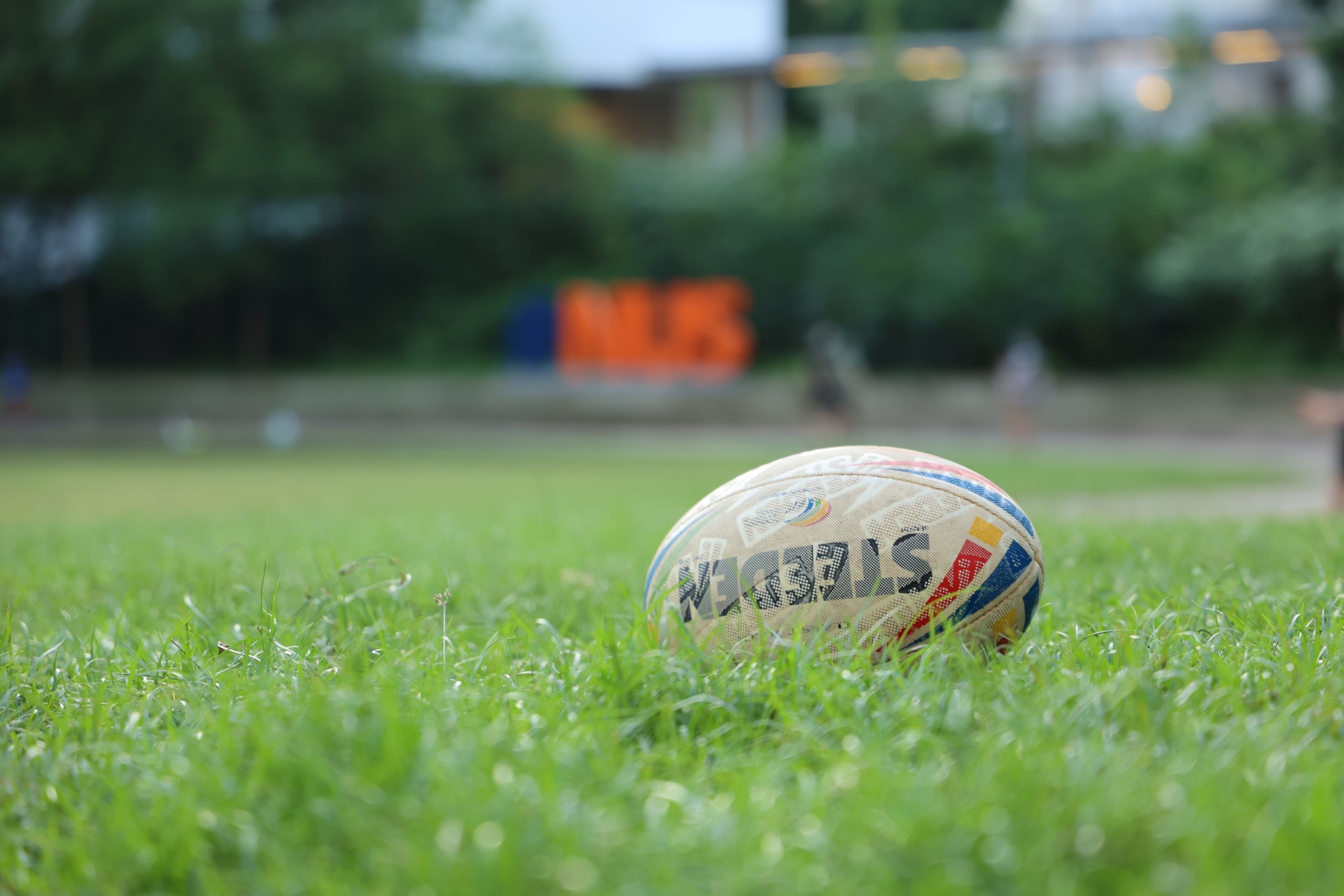IRFU bans transgender women from women’s contact rugby
 Image: Unsplash
Image: Unsplash
IRFU bans transgender women from women’s contact rugby
Words: Ellen Kenny
The ban from the IRFU comes following England’s RFU ban of transgender women from the sport as well.
The Irish Rugby Football Union has banned transgender women from participating in women’s contact rugby competitions in the upcoming season. Trans women over the age of 12 will not be permitted to participate in any women’s contact rugby within the IRFU.
The IRFU claimed that this decision is “based on medical and scientific evidence and in line with World Rugby guidance.”
“The IRFU is keenly aware that this is a sensitive and challenging area for those involved and the wider LGBT+ community and will continue to work with those impacted, providing support to ensure their ongoing involvement with the game,” the statement reads.
The Union acknowledged that there are two registered players affected by this change in Ireland. The IRFU plan to keep transgender women involved in the Union by “including options to remain active in the game, such as non-contact playing formats, refereeing, coaching, and volunteering”.
The IRFU has not banned transgender men from competing in men’s contact rugby competitions. They must “provide written consent and a risk assessment is carried out.”
This ban follows a larger trend banning transgender women from competitive sport. In 2020, World Rugby banned trans women from the elite women’s game due to “injury risks”. The Rugby Football Union also voted to ban transgender women from the women’s rugby union in England.
“Disappointing and regressive” decision from IRFU
Emerald Warriors RFC, Ireland’s only LGBTQI+ inclusive rugby team, called the blanket ban on transgender women “hugely disappointing and regressive.”
“We request that the IRFU pause this process, maintain the previous case by case policy that protects our game and ensures a route for participation. There is a risk that the fall out and repurcussions of this policy will accelerate into other sports and transphobia overall.”
Moninne Griffith, CEO of Belong To and Co-Director of Trans Equality Together has also commented on the ban.
“This reactionary ban directly affects a very small number of trans players in Ireland, but it will have deep-reaching negative consequences across society. It is openly sending a message to trans people, their families and allies that they are not welcome in the rugby community.”
Tina Kolos Orban, chief executive officer of TENI and co-director of Trans Equality Together, also said: “The trans community and the wider rugby community should be central to any decision being made regarding who can and cannot play, and we are calling on the IRFU to begin this consultation process.”
“This blanket ban is a blunt tool that has not sought to understand the views of those affected by this move.”
Elsewhere on District: Free the Night launch new survey on nightlife in Northern Ireland